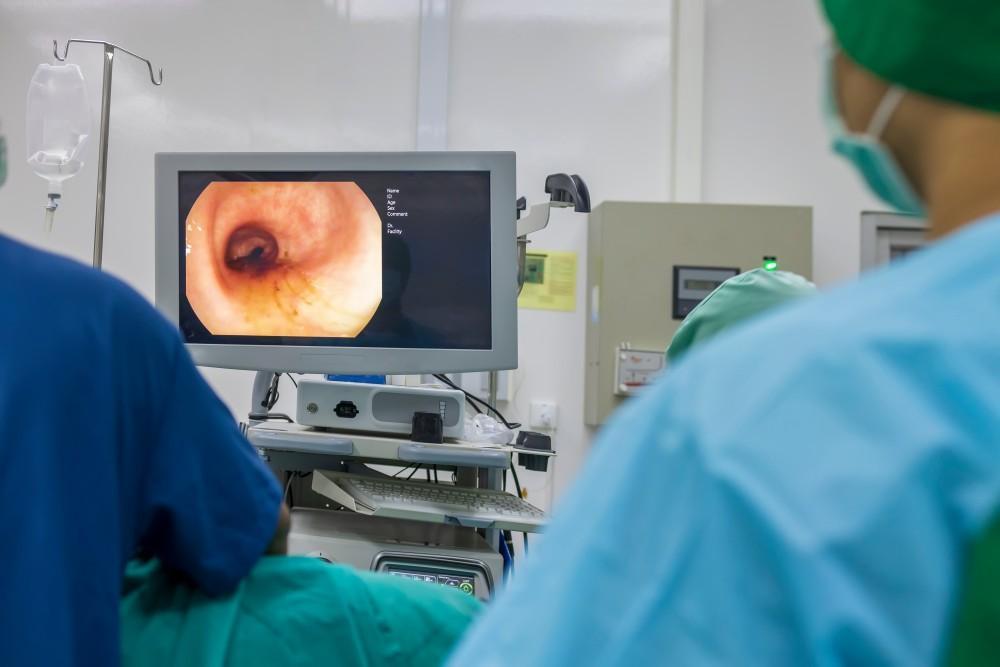
Is Ulcerative Colitis Curable?

The inflammatory bowel disease known as ulcerative colitis (UC) is a disorder that causes your body to attack its own colon and rectal tissue. The result is ulcers, or sores, in the lining of your lower gut that may produce mucus and pus and can be extremely painful. You may suffer from other symptoms, too, including frequent stools or diarrhea.
The colorectal experts at Colon and Rectal Surgeons of Greater Hartford specialize in diagnosing and treating UC. Until there’s a cure, your best bet is to manage as many of the factors involved in your disease as possible, and control pain when needed.
Why you?
Researchers haven’t identified a single cause for UC. Several factors may play into the disease, including:
- Genetics
- Infection
- Missing gut bacteria
Rest assured that UC isn’t caused by anything you ate, or anything you did. However, the choices you make once you have a diagnosis can help alleviate pain and keep your quality of life high.
Mind your diet
Because your gut is inflamed and sore, you may notice that you can’t indulge in hot or spicy foods anymore. Even some healthy foods — including raw vegetables — may be difficult to digest and cause a flare of your disease.
One of the easiest ways to take control of your UC is to keep a food journal. When you write down what you eat and drink each day and keep track of your digestive responses and symptoms, you may be able to identify (and then avoid) foods that trigger pain or diarrhea.
You might also try an elimination diet, sticking to bland foods, such as white rice, for a few days and then gradually adding back some of your favorite foods while keeping tabs on your symptoms. Almost anyone with UC would benefit from cutting out:
- Sugar
- Spicy foods
- Processed foods
- High-fat foods
- Dairy
- Raw cruciferous vegetables
- Whole grains
- Nuts and seeds
Cooking or fermenting foods may make them more digestible. It’s important to still eat a varied diet filled with vegetables, fruits, and high-quality protein. Your disease takes energy, which means you may need more calories — not less — than the average person. You may find it easier to divide your meals into small portions taken throughout the day.
Help your microbiome
Recent research suggests that one — and perhaps the most important — factor in UC is the lack of beneficial bacteria in your gut that produce anti-inflammatory byproducts. Therapies that researchers are currently evaluating include fecal transplants and restoring missing gut bacteria.
Until these potential therapies have been proved, however, you may be able to help your gut bacteria by feeding them prebiotics. Chilling cooked, bland white rice or white potatoes changes the structure of their starch molecules so they become resistant starch, which gut bacteria need to thrive.
Manage pain
Depending on how severe and extensive your disease is, you may need steroids to reduce the inflammation. However, long-term steroid use raises your risk for colon cancer, which is already increased in UC. If you’re on steroids, we recommend more frequent colonoscopies to identify any abnormal cells as soon as possible.
You may benefit from painkillers to help you feel more comfortable during a flare. We may also recommend combination therapy, including use of biologics and immunotherapy to resolve a flare and prevent a relapse. In the most severe cases, we may advise surgery.
Although UC has no cure as of yet, effective and targeted treatment can cause a remission of a flare and also prevent other flares from cropping up. If you have ulcerative colitis, contact one of our specialists by calling 860-242-8591 or the office nearest you. We have offices in Bloomfield, South Windsor, and Plainville, Connecticut.
You Might Also Enjoy...


How a Colonoscopy Can Save Your Life

4 Signs You May Have Pilonidal Disease

Start the New Year Fresh with a Colonoscopy

5 Tips for Managing Your Crohn's Disease During the Holidays


